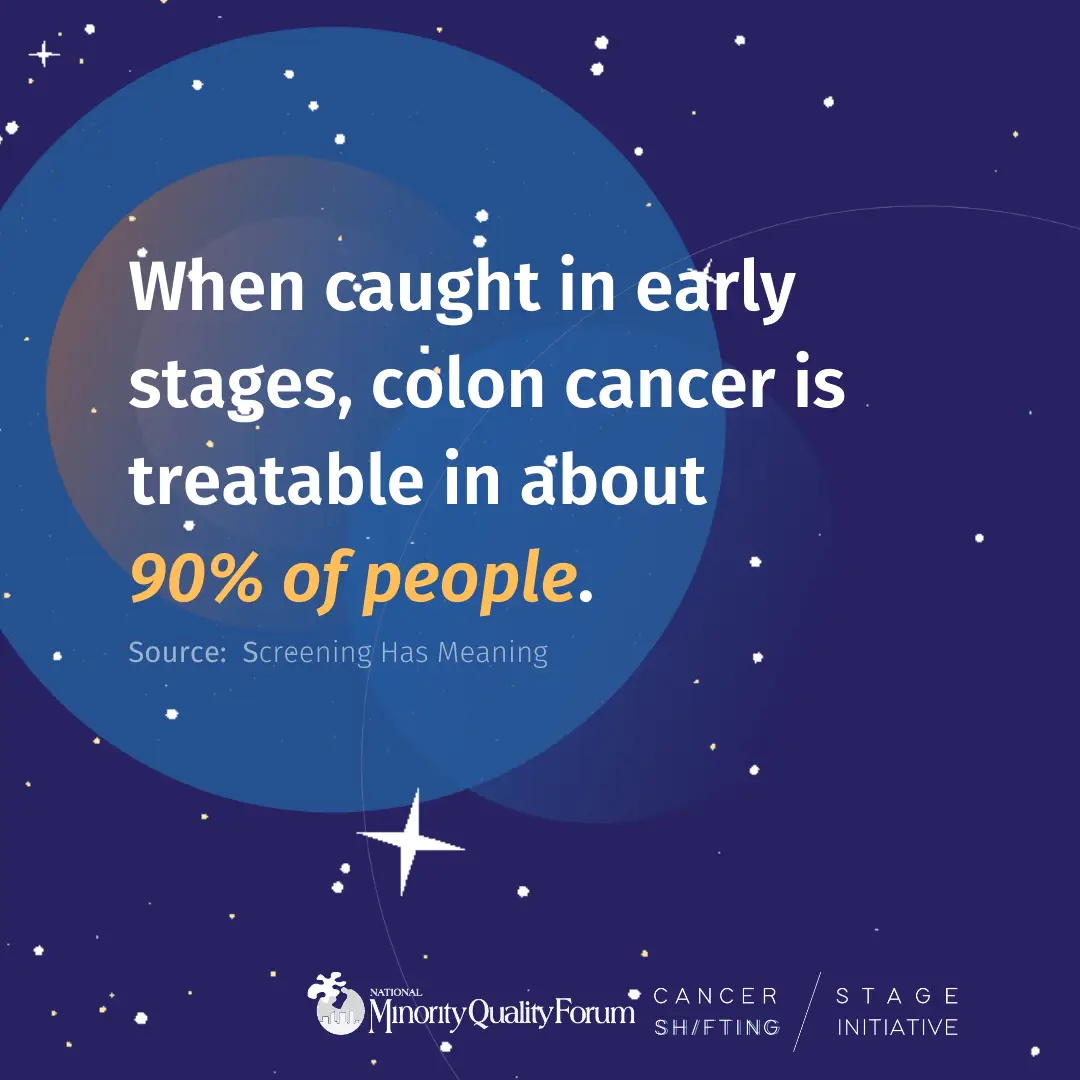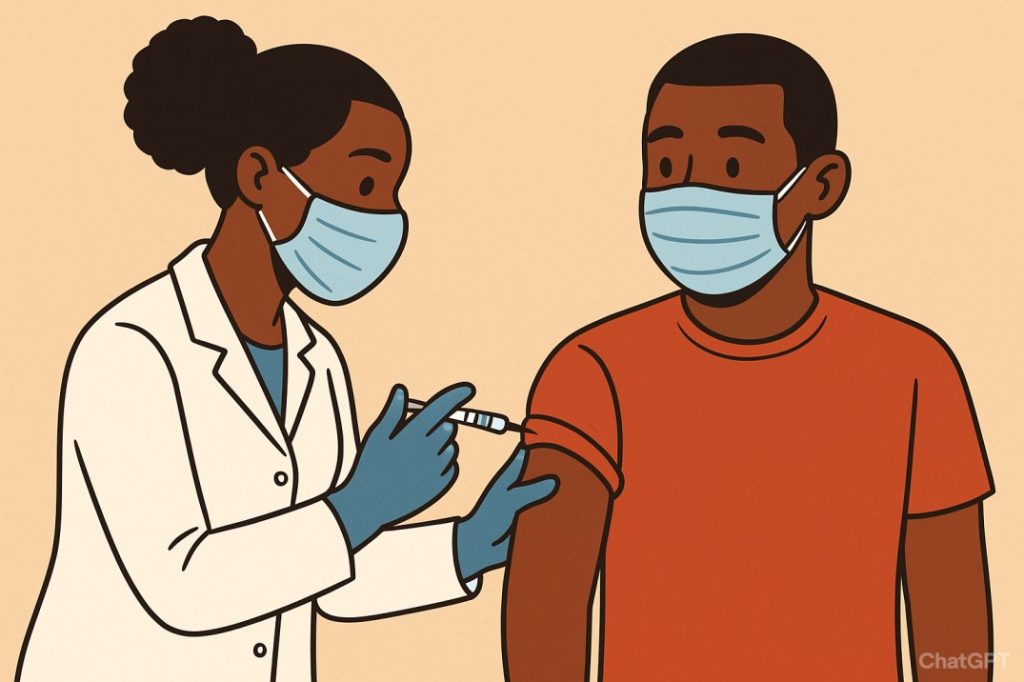- By Victor Mejia
The National Minority Quality Forum (NMQF), a leading data-driven nonprofit, recently hosted a compelling webinar highlighting the critical work of its Center for Clinical and Social Research (CCSR). Comprised of a highly credentialed, multidisciplinary team of statisticians, epidemiologists, and health outcomes scientists, CCSR is dedicated to advancing health equity through rigorous observational and interventional research. Their work is powered by big data, guided by principles of scientific integrity, and driven by a deep commitment to minority communities.
Key initiatives include the Healthcare Data Equity Project (HDEP), which analyzes extensive administrative claims data (Medicare, Medicaid) to address disparities across various therapeutic areas, and the Minority and Rural Coronavirus Insight Study (MRCIS), a multi-year cohort study investigating COVID-19 susceptibility and outcomes in minority and rural populations. Additionally, their Alliance for Representative Clinical Trials (ARC) and My Clinical Research Network actively work to increase the representation of marginalized communities in clinical trials by training clinicians and supporting community-based research sites.
A significant highlight of the webinar was the in-depth discussion of NMQF’s ambitious Cancer Stage Shifting Initiative (CSSI). This principal observational research trial aims to revolutionize healthcare by focusing on early disease detection and prevention in historically marginalized communities, leveraging cutting-edge liquid biopsies and novel early detection technologies to identify disease signals before symptoms appear. The inaugural site for CSSI is Houston’s Fifth Ward, a community with a documented history as a cancer cluster due to environmental contamination.
The initiative has embraced a community-based participatory research (CBPR) model, ensuring community voice, building trust, and achieving rapid, successful enrollment. NMQF plans to expand CSSI beyond Houston to other areas with long-standing environmental exposure and neglect, targeting 100,000 participants by 2028 across multiple sites such as Flint, Michigan, and communities in Louisiana. This forward-thinking approach seeks to redefine healthcare by moving from symptom-based medicine to detecting cellular and molecular changes—ultimately aiming to address unacceptable health outcomes in marginalized populations through rigorous science and collaboration.
To gain a complete understanding of these vital initiatives and the expert team driving them, we encourage you to watch the full webinar available on the National Minority Quality Forum’s YouTube channel.
Trending Topics
Features
- Drive Toolkit
Download and distribute powerful vaccination QI resources for your community.
- Health Champions
Sign up now to support health equity and sustainable health outcomes in your community.
- Cancer Early Detection
MCED tests use a simple blood draw to screen for many kinds of cancer at once.
- PR
FYHN is a bridge connecting health information providers to BIPOC communities in a trusted environment.
- Medicare
Discover an honest look at our Medicare system.
- Alliance for Representative Clinical Trials
ARC was launched to create a network of community clinicians to diversify and bring clinical trials to communities of color and other communities that have been underrepresented.
- Reducing Patient Risk
The single most important purpose of our healthcare system is to reduce patient risk for an acute event.
- Samantha Paulino
- Jessica Wilson
- Victor Mejia
















